Shi Ying
Shi Ying came to the Netherlands from China with her parents in 2015. As Christians they were no longer safe and had to flee.
Read more
Q: Imagine you're having a dinner party, and you can invite anyone. Who would you invite?
Evgenii: Anna Pavlovna. She was a Russian woman married to a Dutch king who lived in the Netherlands in
the 18th century. They say her Dutch was better than her Russian. I would like to know what she thought of the
Netherlands at the time.
Q: What do you like to do in your spare time?
Pavel: I collect LEGO. We have them on display in our living room.
Evgenii: I collect perfumes, especially perfumes with a history. At the moment I am wearing 'Curir de
l'Aigle Russe' by Orzal Legrad.
Q: What would you still like to learn?
Evgenii: I'm learning German. Some people might not agree with me [Laughs], but I really like the sound
of the language. Of course, I am constantly working to improve my Dutch.
It started with our love. We lived together in an apartment in Moscow, on the 9th floor. We both studied medicine. Hardly anyone knew about our relationship – not even our parents – just a handful of very good friends. The neighbor once asked us suspiciously what our relationship actually was. Why did we share an apartment? We told him we were brothers: that's safer than saying you're friends.

We had experienced hostility and threats before, so we had to be careful. Yet we trusted that the Russian state would protect us.
Despite the risks, we decided to get married in 2018, in Denmark. We flew there for five days, completed the legal matters and returned to Moscow. Once we were back, it felt strange to be married without anyone knowing. That is why we investigated whether it was possible to have a same-sex marriage recognized in Russian law. To our surprise, it was possible! The municipality was obliged to recognize the international marital status from our passports. Suddenly we were the first gay marriage in Russia to be legally recognized. We couldn't believe it.
We had to share this with others. We sent a photo of our passport to friends. One promptly referred us to the opposition television station, called 'Dozht', which has been operating from the Netherlands since the invasion of Ukraine. Our TV interview attracted a lot of attention from like-minded people. We had experienced hostility and threats before, so we had to be careful. Yet we trusted that the Russian state would protect us. It couldn't get that bad, could it?
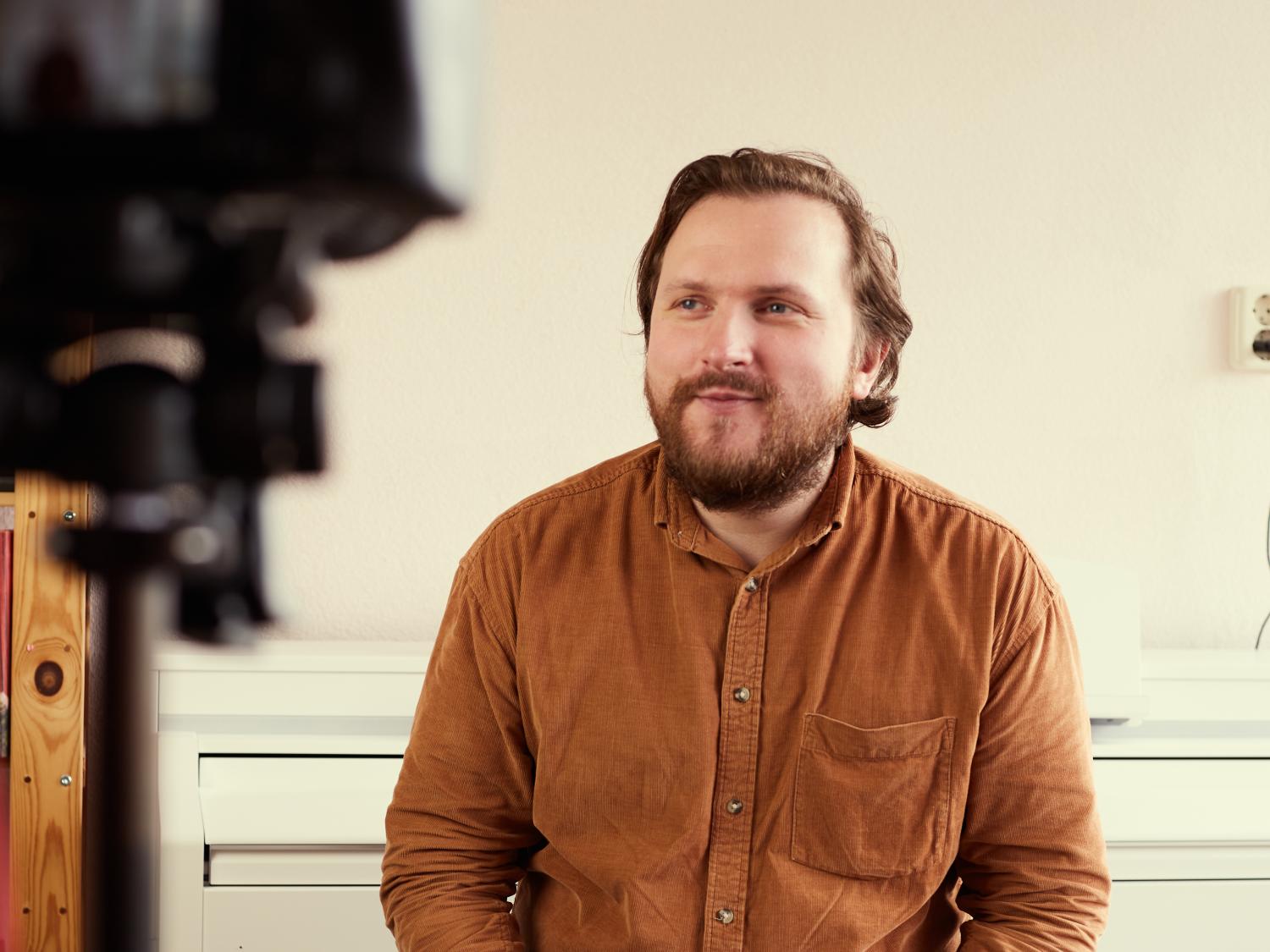
But it did get that bad. The Russian government dismissed our interview as 'fake news', stating that our gay marriage was clearly not legalized in Russia – that was impossible. That same day, some police officers surrounded our apartment in Moscow. They cut off our electricity and water and forbade us from leaving the house. We were stuck, and felt threatened and terrified. Were these really our fellow citizens, the police, to whom we paid taxes, who were now intimidating us?

The next day our apartment was completely surrounded by police officers. We couldn't get out.
We didn't know what to do. We called the NGO 'LGBT Network', an organization that helps people in the community to get out of difficult situations like ours. They sent journalists and supporters to our apartment to serve as witnesses to what would happen to us. The next day our apartment was completely surrounded by police officers. We couldn't get out.
Through our lawyer, we received an ultimatum that night from the head of the Moscow police: we had to surrender our passports and remove our marital status as spouses. If we did not do this, 'the police would no longer be able to guarantee our safety'. The message was painful to receive – we had lost all support from the institutions we once believed in. Of course, we knew about the regime's corruption. But we never expected to be treated as non-citizens, as outlaws, or enemies of the state.
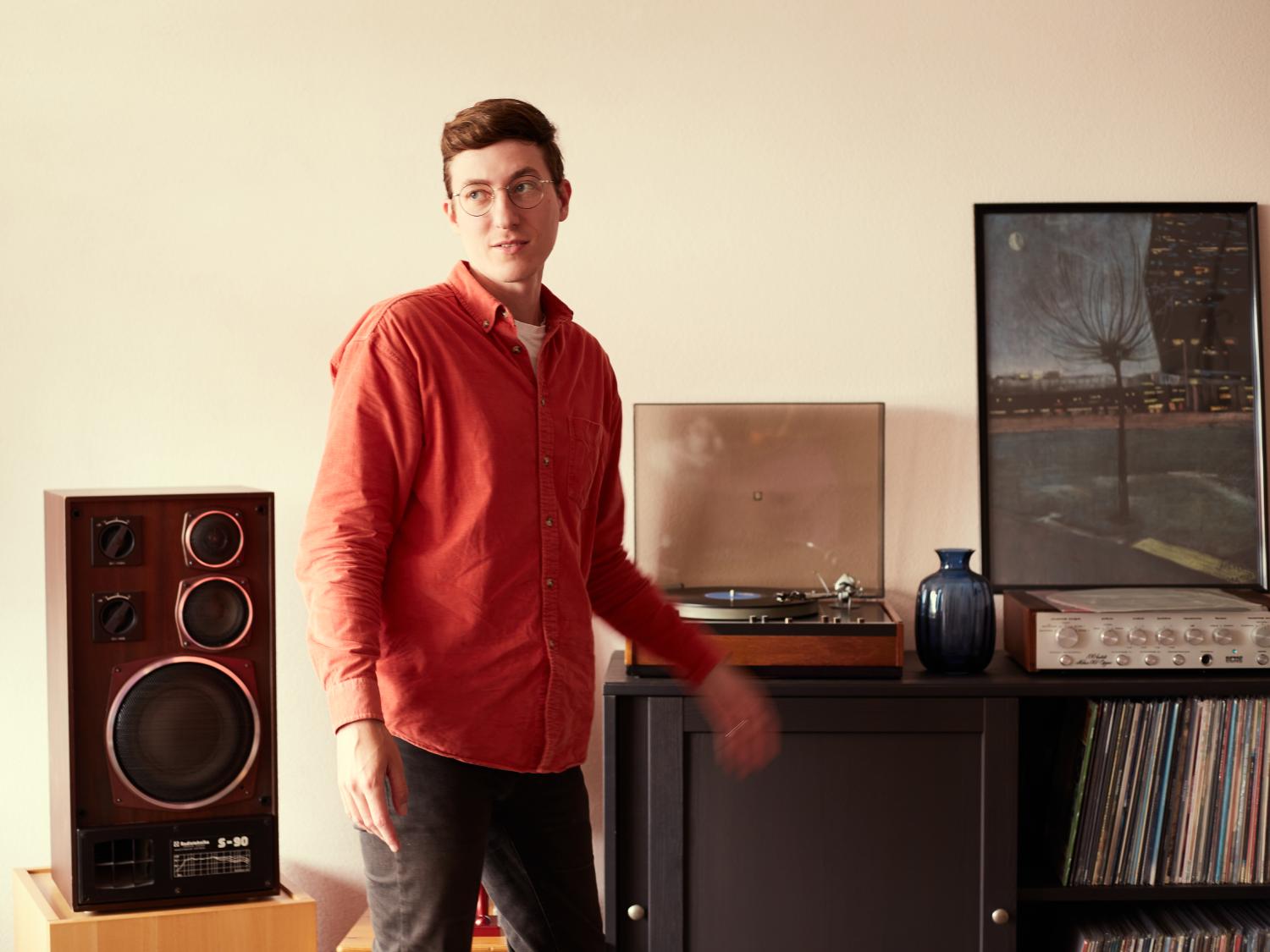
We decided to surrender our passports. Thankfully, the police left, but we no longer felt safe. That same night we left for the airport. We had to leave this country. Just two days earlier we thought we would spend our lives in Russia as doctors, and now we were forced to flee and leave behind everything – absolutely everything we had built.
And that's how we ended up in the Netherlands. We were treated better here than we could ever have expected. We spent our first two and a half weeks in a detention center in Schiphol, then six months in an asylum center. Afterwards we received a residence permit and a house in Nijmegen. We are very grateful for how we were treated. It helped that we started learning Dutch from day 1, which made it easier for us to connect with the people around us.

We still miss Russia. We miss our family and friends. In particular, we miss traveling – not because we did it often, but precisely because we have seen so little of our enormous country.
If there is something we might offer as advice to newcomers coming to the Netherlands, it is that you must be assertive here. In Russia, people are quite hierarchical: your role within the group is often already determined. Therefore, if you, as a student, are quiet and listen, you are 'smart'. However, if you do not make yourself heard in the Netherlands, you are sometimes seen as 'stupid'. People asked us during our studies: 'why are you so quiet?'. As a result, we have also become more assertive in recent years.
We still miss Russia. We miss our family and friends. In particular, we miss traveling – not because we did it often, but precisely because we have seen so little of our enormous country. Now we have been to the Hermitage Amsterdam (now “H'ART”) with our Museum Card, but never to Saint Petersburg!
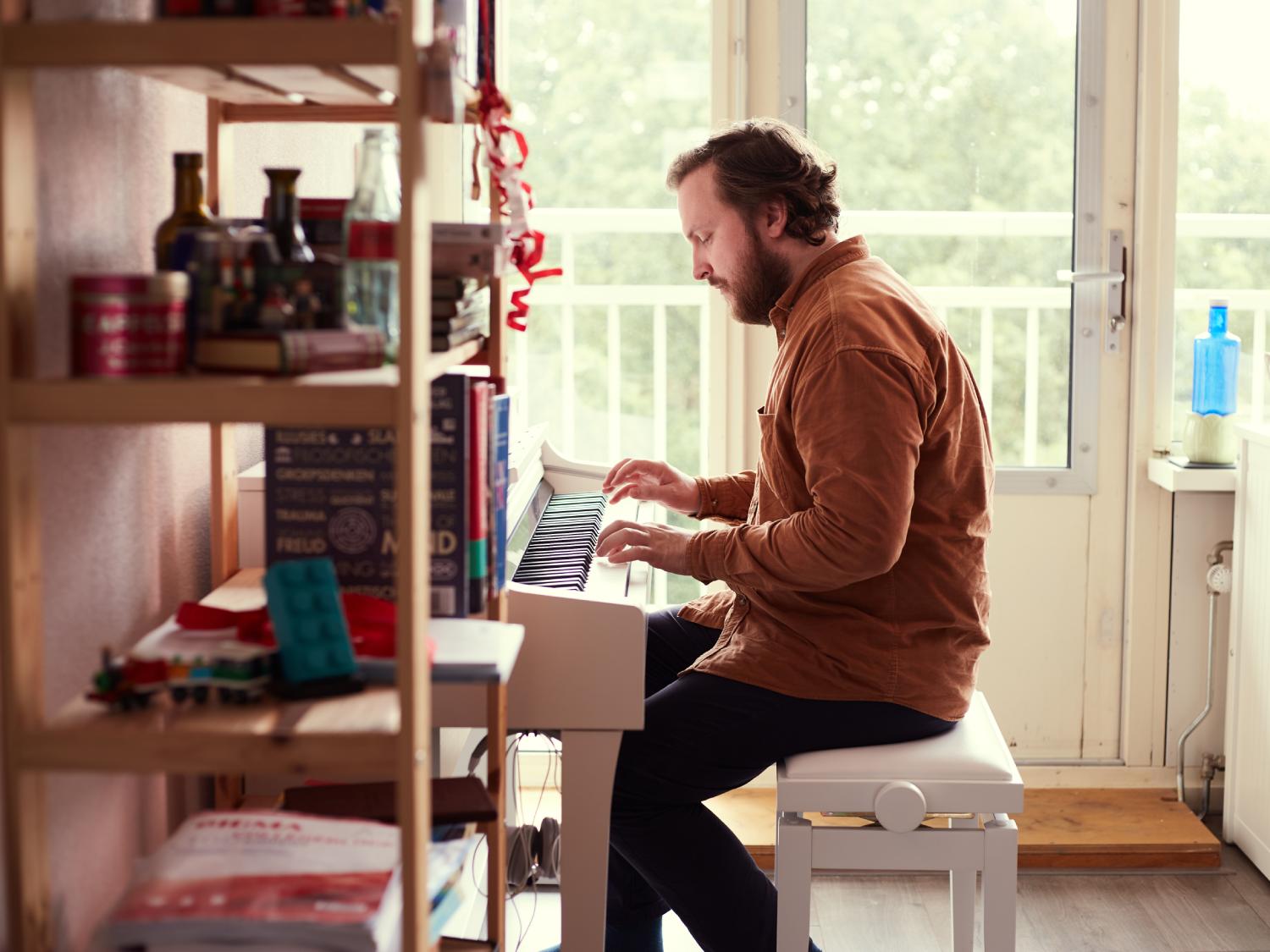
Funnily enough, we feel more Russian here in the Netherlands than we did in Russia. Many people here approach us as “storytellers” of Russian culture. They like to see us as carriers of Russia’s rich literature and music history, for example. And we actually think that's nice. When a friend comes to visit who we know is interested in the writer Dostoyevsky, we even read up a bit so we can learn more about our culture. I feel responsible to show both sides of Russia: the difficult and beautiful aspects.
Here in the Netherlands we can be ourselves, and live our lives the way we want to.
Interview: Joost Backer
Editing: Joost Backer & Izzy Bauman
Photography: Esther Frank
MYgration is a collaboration between the Wijdoenmee! Initiative, the Haella Fund, Correspondents of the World, and Broadcast Amsterdam.
Public discourse around migration continues to be polarised in the Netherlands. On both ends of the spectrum, immigrants, refugees and asylum seekers are often spoken about in mainstream media, with resulting stories maintaining an us/them divide. MYgration seeks to bridge this divide through providing a space where people can share migratory stories in their own words and on their own terms. In doing so, MYgration offers a multi-dimensional portrait of the ‘migrant experience’.
Please help us share these stories in any way you can. Together we can improve our society's understanding of migration and the people involved.
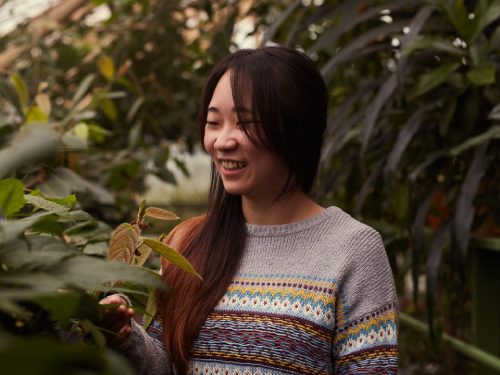
Shi Ying came to the Netherlands from China with her parents in 2015. As Christians they were no longer safe and had to flee.
Read more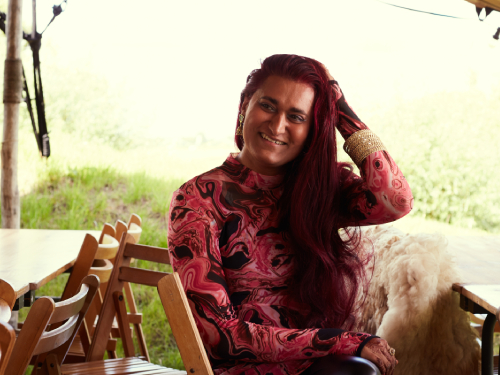
Asia was born and raised in Brabant. She feels like a migrant on several levels: culturally, ethnically, but also with regard to sex and gender.
Read more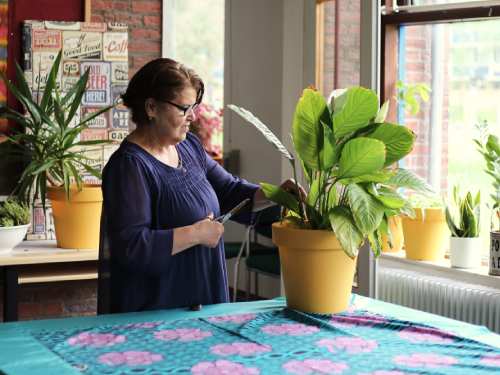
Zeynep was born in Kürecik in Turkey. In 1985 she came to the Netherlands as a Kurdish political refugee.
Read more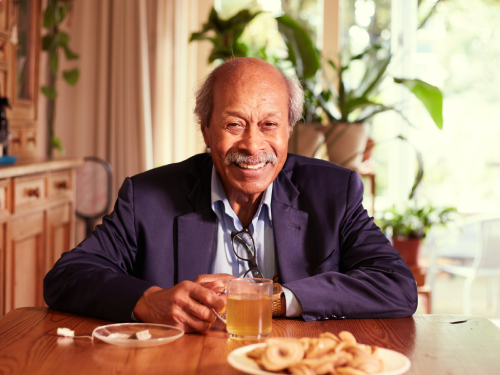
Max came to the Netherlands in 1951 as a toddler, because his father had served in the Royal Dutch East Indies Army (KNIL).
Read more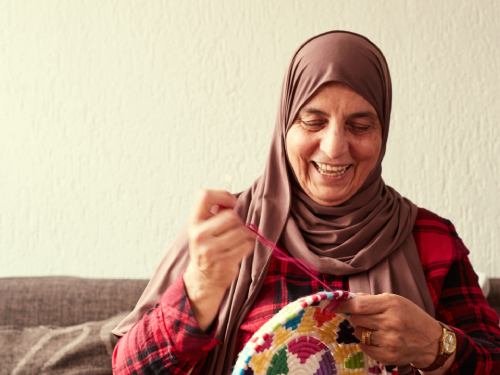
Ghada taught English in Syria – while raising her six children. When her eldest son was at risk of conscription, they fled the country.
Read more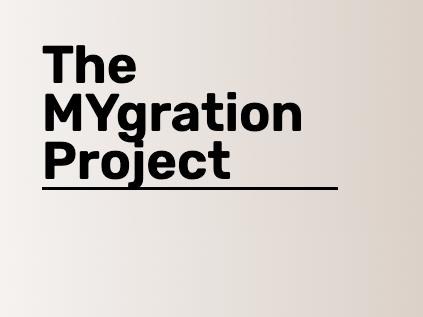
Through this project you will meet various people who, for various reasons, have left their own country to come to the Netherlands. Learn why.
Read more© 2024 by Correspondents of the World.
Template by CocoBasic. Webdesign by Janosch
Haber. Contact: joost@correspondentsoftheworld.com